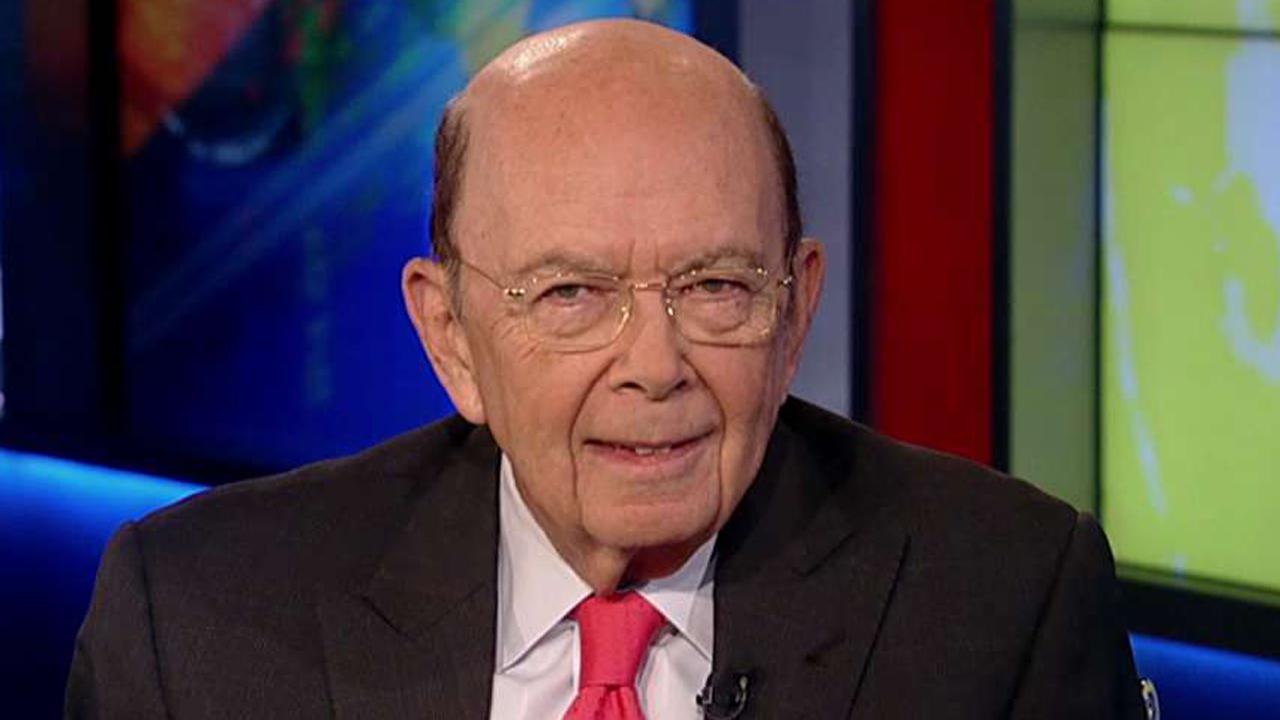Wilbur Ross: New NAFTA Deal Still Being Worked Out By Trump Administration
Commerce Secretary Wilbur Ross said on Sunday the Trump administration has yet to determine what the trade agreement replacing NAFTA will look like.
“One size doesn’t fit all,” Ross said in an exclusive interview on “Sunday Morning Futures.” “The issues of automotive are not the same as the issues of agriculture; they’re not the same as the issues of electronics, or steel. It’s a very, very complicated situation. So it’s very hard to paint just with one big broad brush.”
The North American Free Trade Agreement took effect in 1994 between the United States, Mexico and Canada, creating one of the world’s largest free trade zones.
Ross said the department’s goal is to update the trade deal, because the current form is “outdated” and has features that were “wrong.”
“For example, they limited the country of origin rules to a certain percentage of individual automotive parts. Well, that might’ve sounded very clever at the time, but half those parts aren’t even used in cars anymore because automotive technology has moved on. So there are lots of imperfections of that sort that we need to fix. And along the way, the purpose will be to reduce our balance of payments deficit while increasing total trade,” the commerce secretary said.
Additionally, the Trump administration is “studying” the possibility of implementing a border adjustable tax. If applied, the government could slap fees on companies importing goods. However, the cost of products like cars, clothes, mobile phones and other products would likely increase, causing American consumers to spend more money. According to analysis done by the National Retail Foundation, a border-adjusted tax could cost the average American family $1,700 in the first year alone.
The commerce secretary said the administration has yet to take a position on the tax, mainly due to the intricacies of trade itself.
“We haven’t made a decision yet as to whether the form should be the continuation of a trilateral, which it is now, or two parallel symmetrical bilaterals,” he explained. “Right now we’re thinking about substance rather than form.”
Ross said his department aims to accomplish its goals by the end of the year, though he doesn’t want to rush the process.
“The more important thing than the exact date is to get it right. And one of the dangers in multilateral negotiations because they are so complex, is people get too invested in making a deal as opposed to making the deal. We’re not going to fall into that trap,” he said.




















